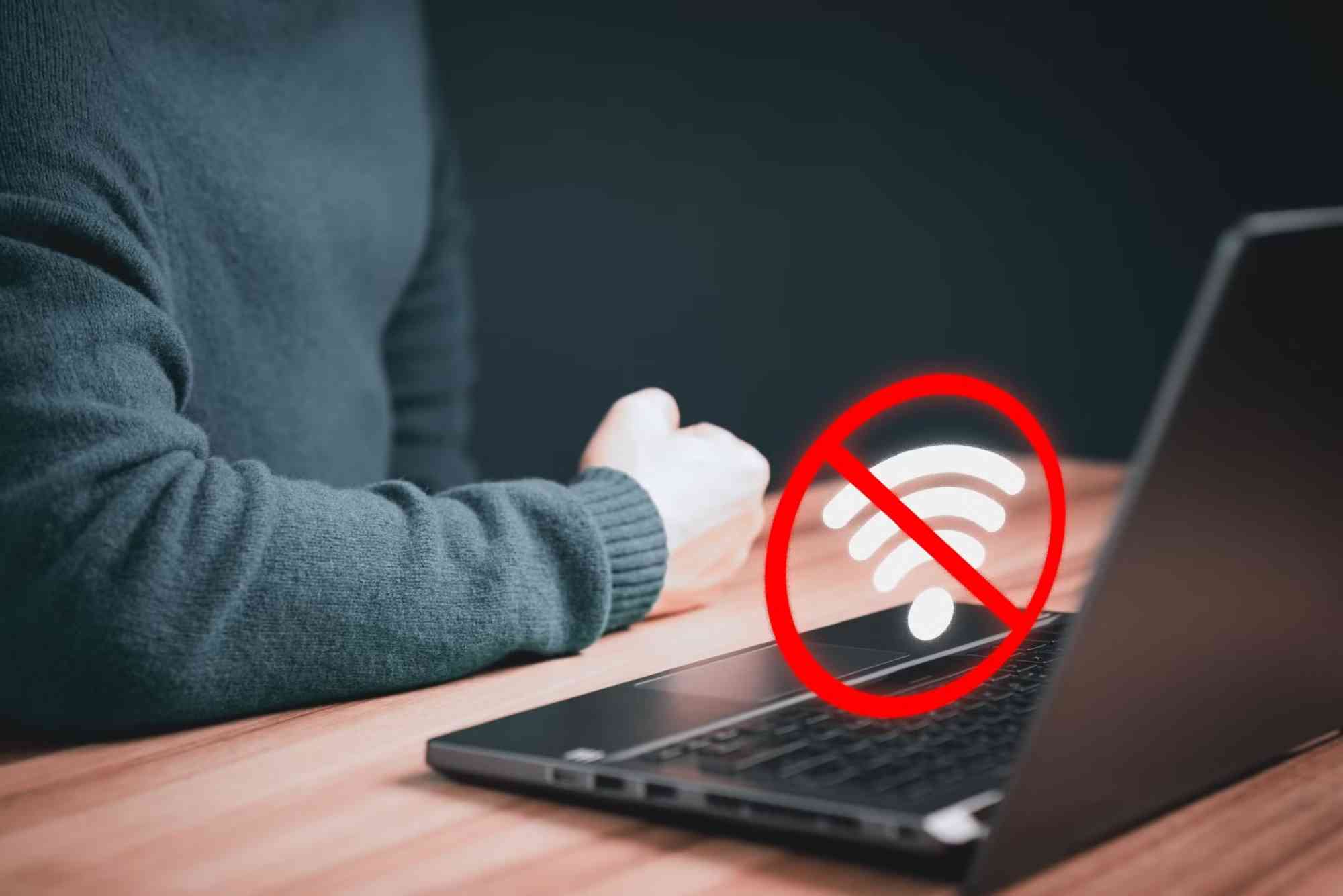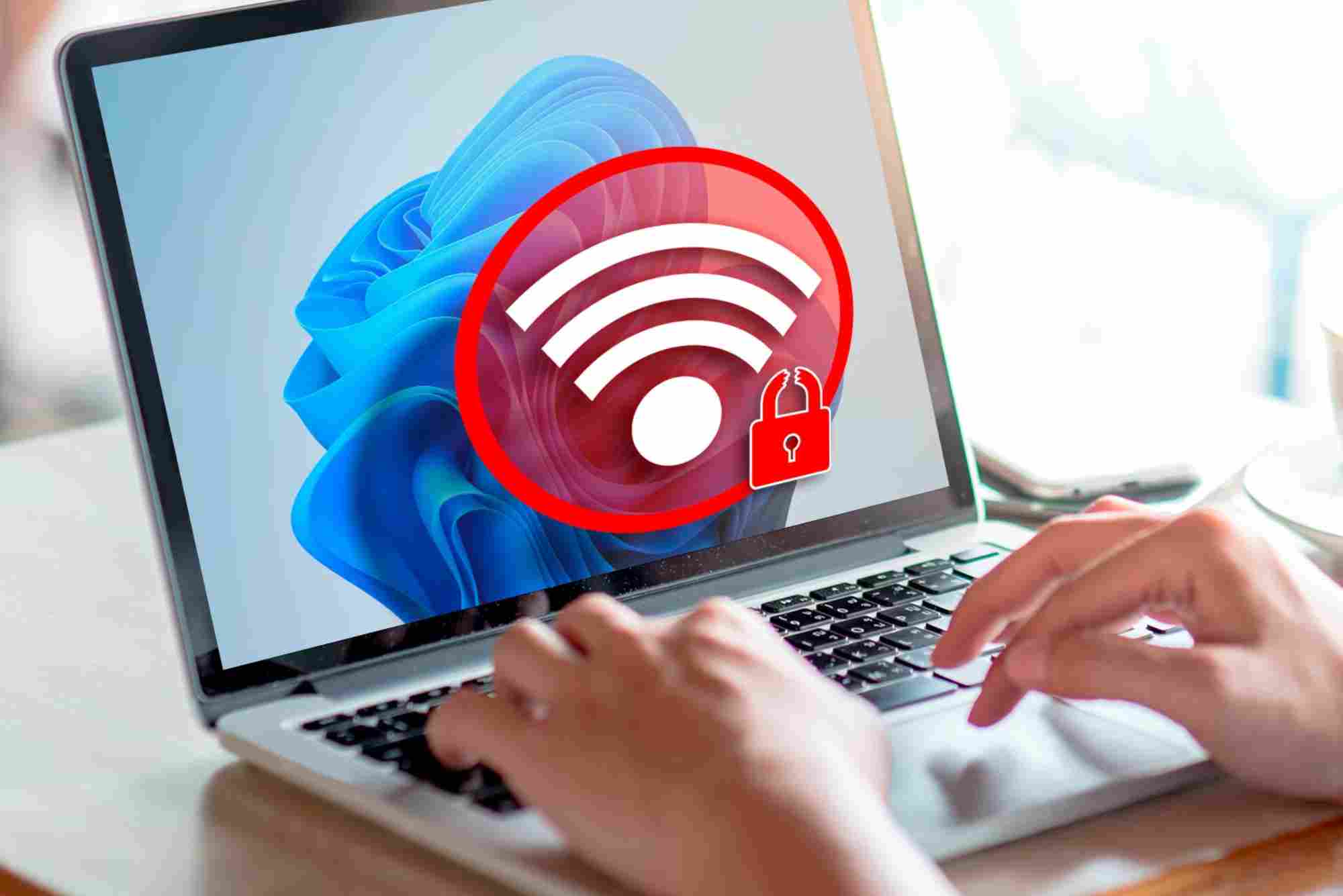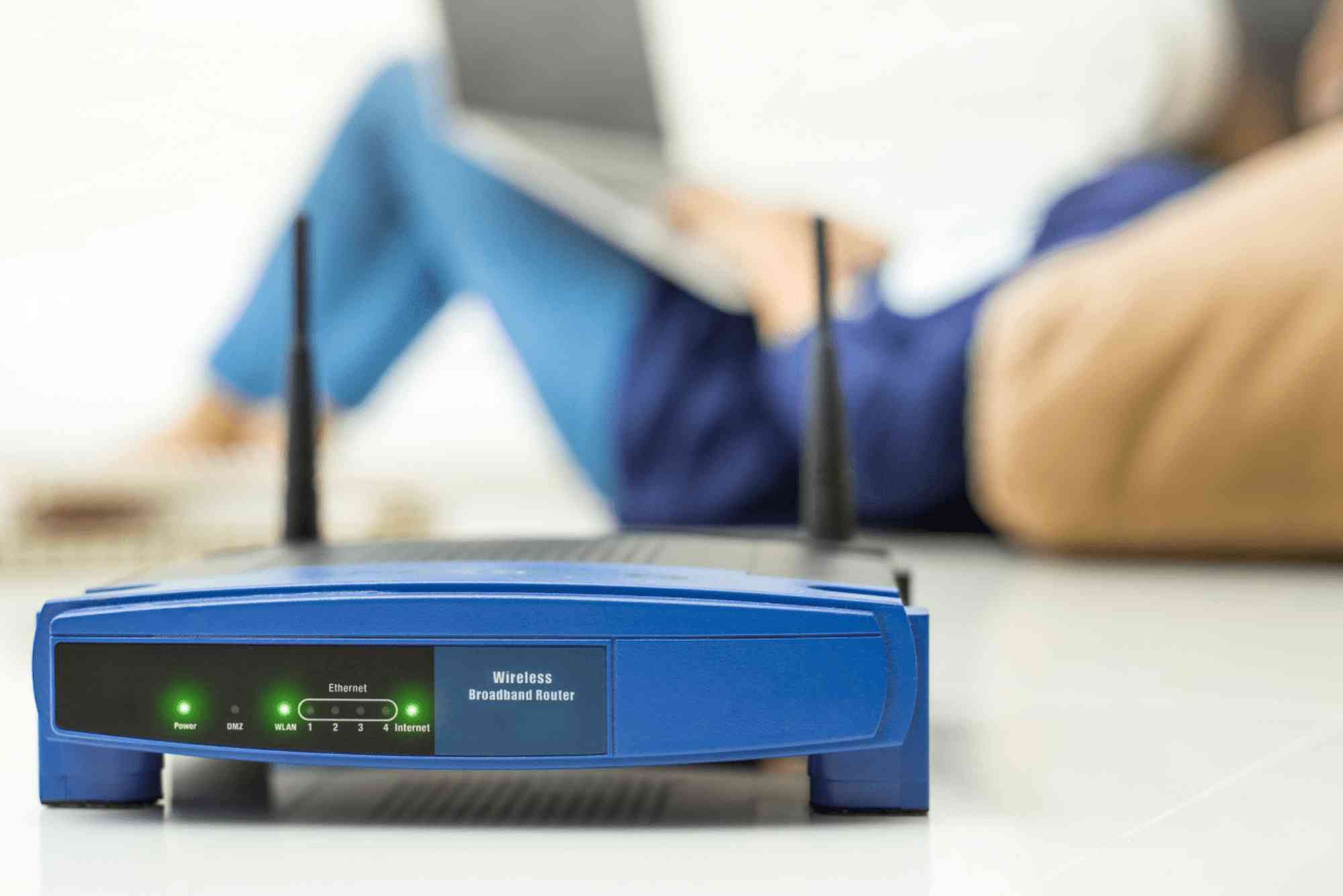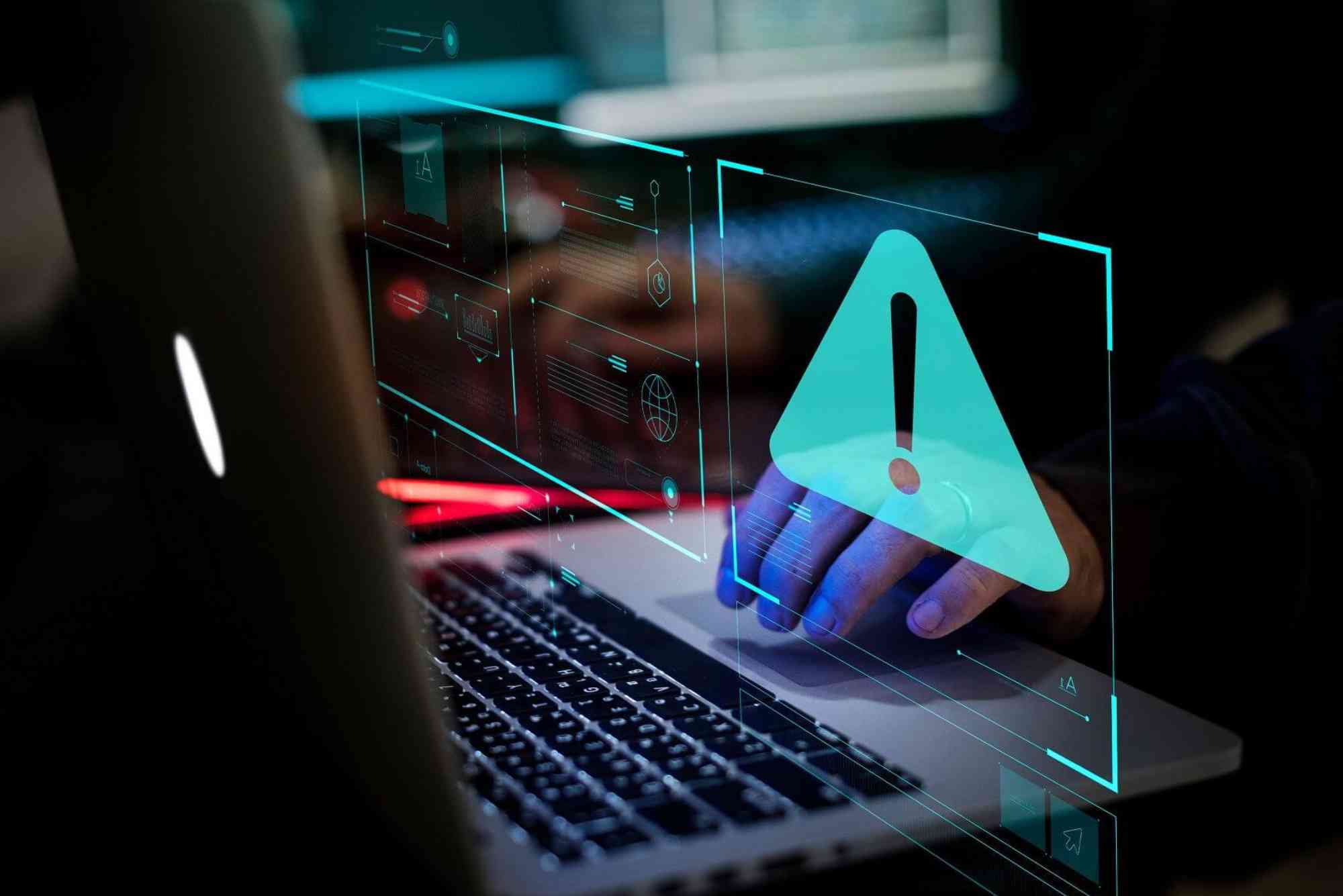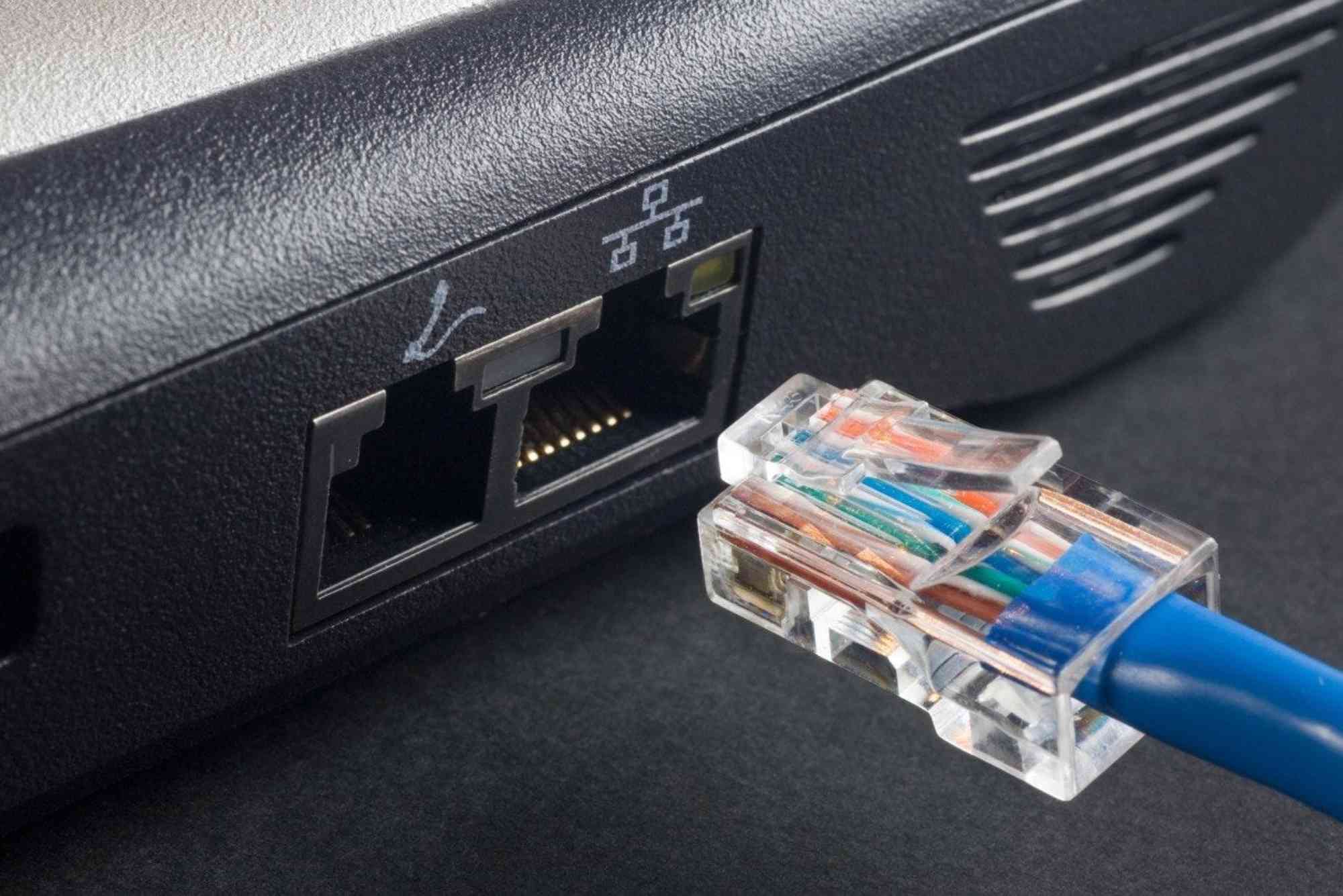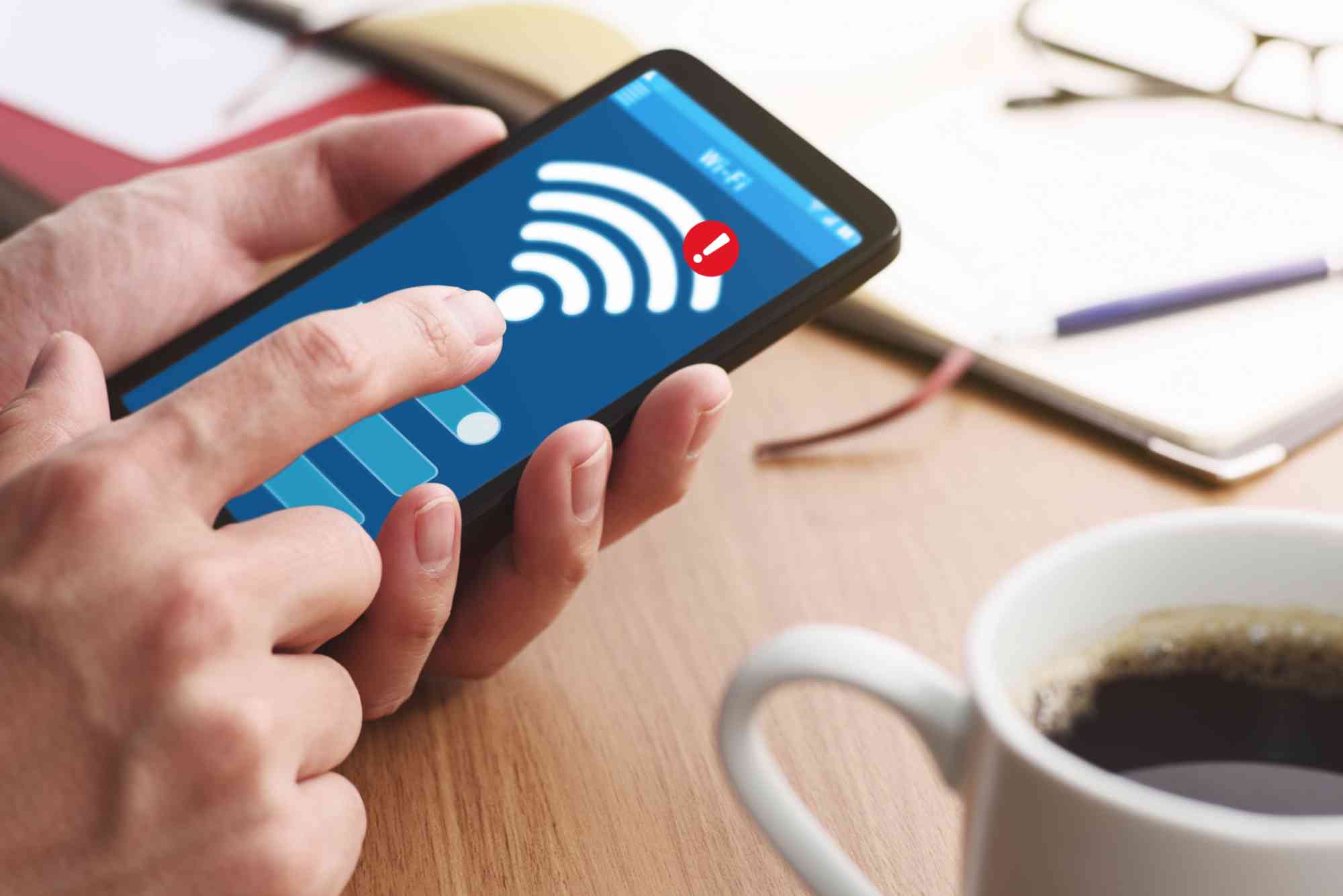Mobile Hotspot Security Tips Everyone Should Know
In today’s digital age, mobile hotspots have become indispensable tools for staying connected on the go. Whether you’re working remotely, traveling, or simply need internet access in areas without Wi-Fi, your smartphone’s hotspot feature offers a convenient solution. However, with this convenience comes the responsibility of ensuring your connection remains secure. Without proper safeguards, your mobile hotspot can become a target for cybercriminals seeking unauthorized access to your data. In this comprehensive guide, we’ll delve into essential mobile hotspot security tips to help you protect your personal information and maintain a secure connection.
Understanding Mobile Hotspot Security Risks
Before diving into security measures, it’s crucial to understand the potential risks associated with using a mobile hotspot. When you enable your device’s hotspot feature, you’re essentially broadcasting a Wi-Fi signal that nearby devices can connect to. If left unsecured, this open network can be exploited by malicious actors. Common threats include:
Unauthorized Access: Hackers can connect to your hotspot if it’s not protected with a strong password, gaining access to your internet connection and potentially your personal data.
Data Interception: Without encryption, data transmitted over your hotspot can be intercepted, allowing attackers to monitor your online activities or steal sensitive information.
Battery Drain: Unauthorized devices connected to your hotspot can consume your mobile data and drain your battery more quickly.
By implementing robust security practices, you can mitigate these risks and enjoy the benefits of mobile connectivity without compromising your safety.
Essential Mobile Hotspot Security Tips
Set a Strong, Unique Password
One of the simplest yet most effective ways to secure your mobile hotspot is by setting a strong, unique password. Avoid using default passwords or easily guessable combinations. Instead, create a password that includes a mix of uppercase and lowercase letters, numbers, and special characters. Regularly updating your password further enhances security by minimizing the risk of unauthorized access.
Enable WPA2 or WPA3 Encryption
Encryption is vital for protecting the data transmitted over your mobile hotspot. Ensure that your device’s hotspot feature is configured to use WPA2 or, preferably, WPA3 encryption. These protocols provide robust security by encrypting the data sent between your device and connected devices, making it significantly harder for attackers to intercept and decipher your information.
Rename Your SSID to Something Unique
The Service Set Identifier (SSID) is the name of your Wi-Fi network. By default, many devices use generic SSIDs that can reveal information about the device or its manufacturer. Rename your SSID to something unique and non-identifiable to make it less appealing to potential attackers. Avoid using personal information in the SSID to maintain privacy.
Disable Auto-Connect Features
Many devices have auto-connect features that automatically connect to known networks. While convenient, this can pose a security risk if your device inadvertently connects to a malicious hotspot. Disable auto-connect features to ensure your device only connects to networks you explicitly choose.
Use a VPN for Added Security
A Virtual Private Network (VPN) adds an extra layer of security by encrypting all internet traffic between your device and the VPN server. This makes it significantly more challenging for attackers to intercept or monitor your online activities. Consider using a reputable VPN service whenever you’re connected to your mobile hotspot, especially when accessing sensitive information or conducting online transactions.
Monitor Connected Devices
Regularly check the list of devices connected to your mobile hotspot. If you notice any unfamiliar devices, disconnect them immediately. Some devices allow you to set a limit on the number of devices that can connect simultaneously, providing an additional layer of control.
Turn Off Your Hotspot When Not in Use
Leaving your mobile hotspot active when it’s not in use increases the window of opportunity for potential attackers. Turn off your hotspot when you’re finished using it to reduce the risk of unauthorized access.
Keep Your Device’s Software Up to Date
Ensure that your smartphone’s operating system and any related software are up to date with the latest security patches. Manufacturers regularly release updates to address vulnerabilities and enhance security. Keeping your device updated helps protect against known threats.
Avoid Using Public Hotspots for Sensitive Activities
While public hotspots can be convenient, they often lack the security measures necessary to protect your data. Avoid accessing sensitive information or conducting financial transactions over public Wi-Fi networks. If you must use a public hotspot, consider using a VPN to encrypt your connection.
Educate Yourself and Others
Stay informed about the latest security threats and best practices. Educate yourself and those around you about the importance of mobile hotspot security and encourage the adoption of safe practices. Awareness is a powerful tool in preventing cyber threats.
Securing your mobile hotspot is essential for protecting your personal data and maintaining a safe online experience. By implementing the tips outlined in this guide, you can significantly reduce the risk of unauthorized access and cyber threats. Remember, security is an ongoing process, and staying vigilant is key. If you’re looking for reliable internet services to support your secure mobile hotspot needs, consider exploring the offerings of Dhanote Internet Services, known for their commitment to providing secure and high-quality internet solutions.
Frequently Asked Questions
Q1: Can someone hack my mobile hotspot?
A1: Yes, if your mobile hotspot is unsecured or uses weak passwords, it can be vulnerable to hacking attempts. Implementing strong passwords and encryption can mitigate this risk.
Q2: Is it safe to use my mobile hotspot for online banking?
A2: Using your mobile hotspot for online banking is generally safer than public Wi-Fi. However, ensure your hotspot is secured with a strong password and encryption, and consider using a VPN for added protection.
Q3: How can I tell if someone is connected to my hotspot?
A3: Most devices allow you to view a list of connected devices in the hotspot settings. Regularly monitor this list to ensure only authorized devices are connected.
Q4: Should I use a VPN on my mobile hotspot?
A4: Yes, using a VPN on your mobile hotspot encrypts your internet traffic, providing an additional layer of security and privacy.
Q5: How often should I change my hotspot password?
A5: It’s recommended to change your hotspot password regularly, at least every few months, to enhance security and prevent unauthorized access.

